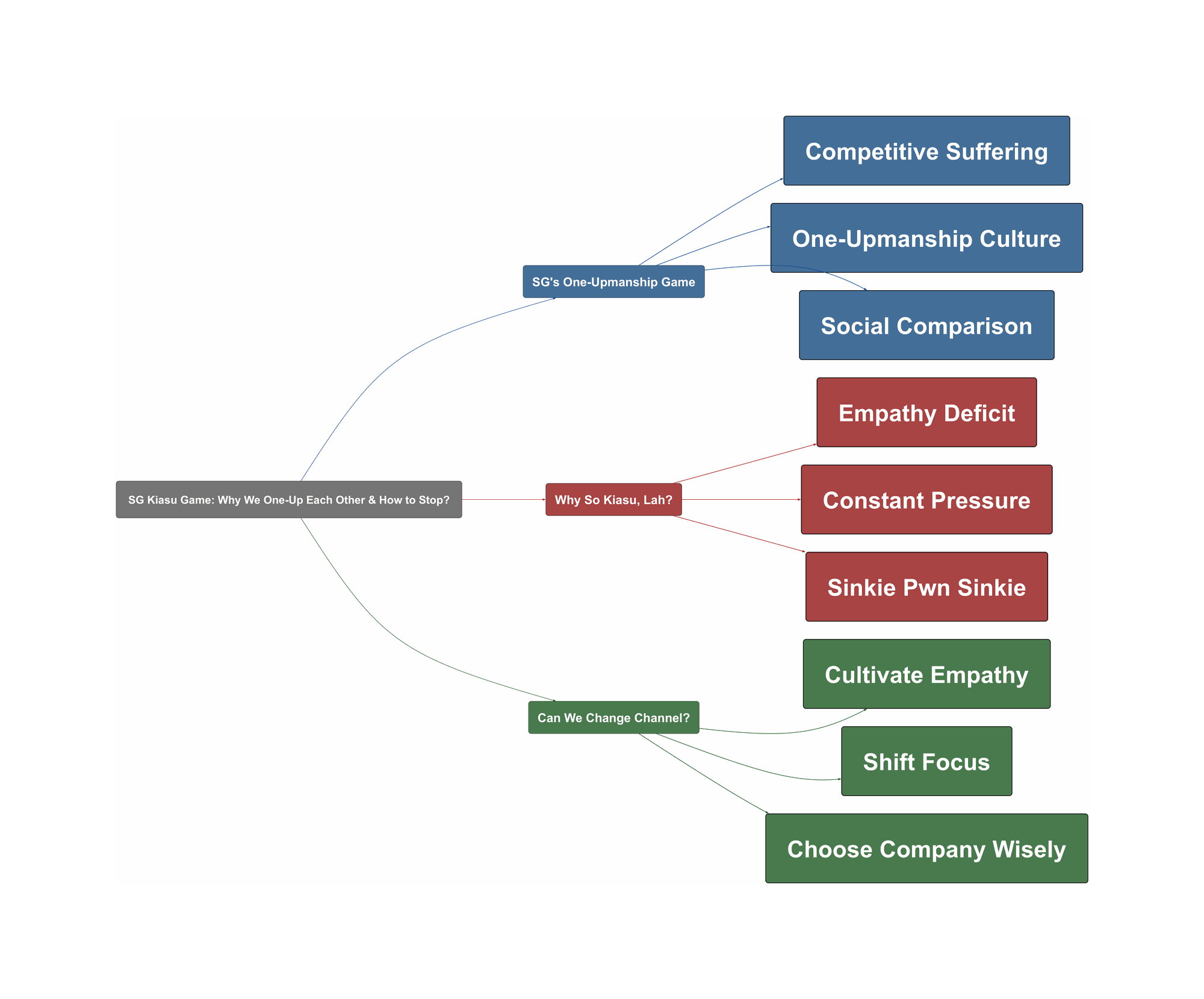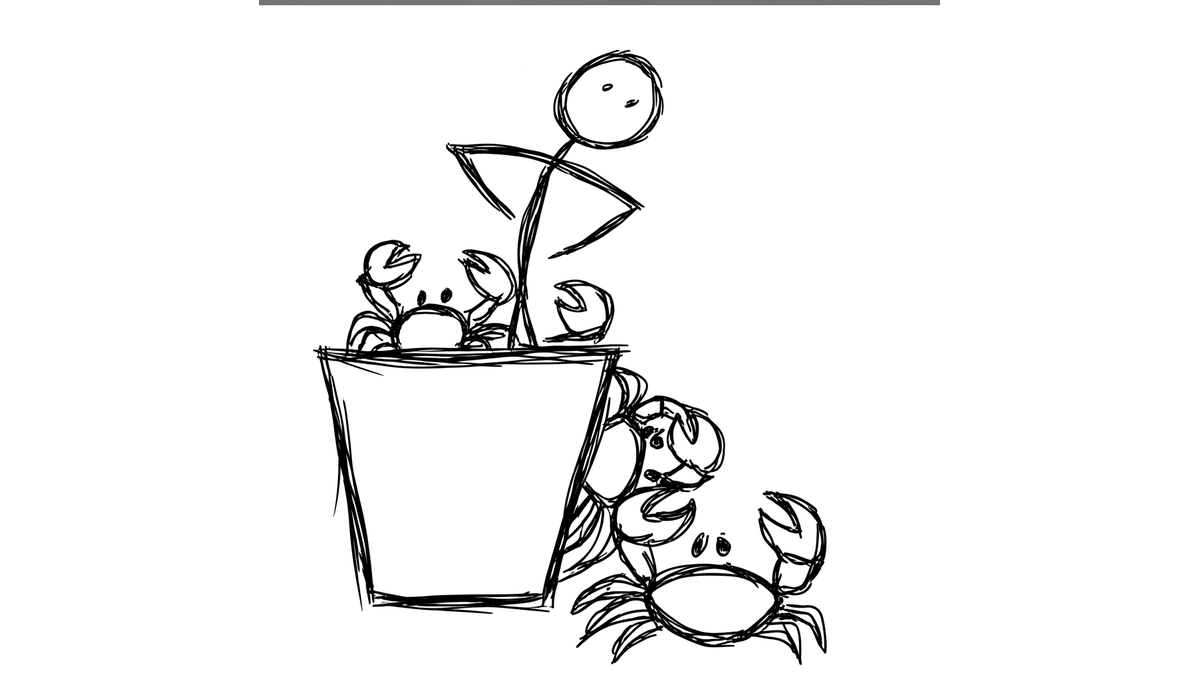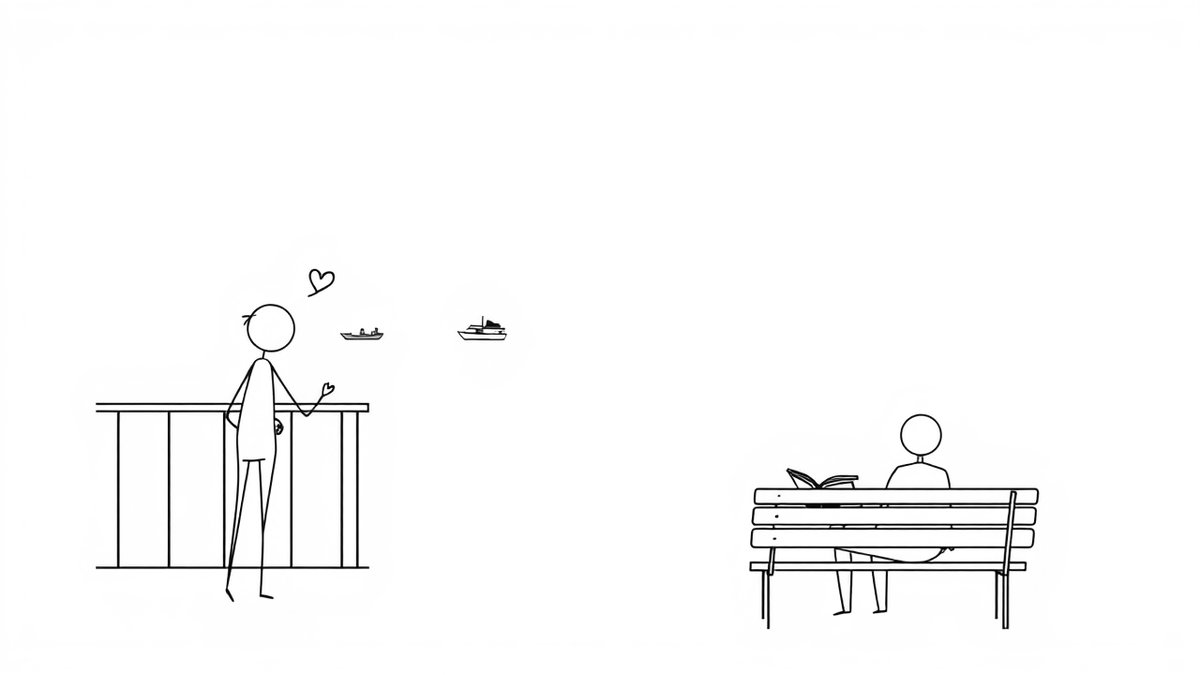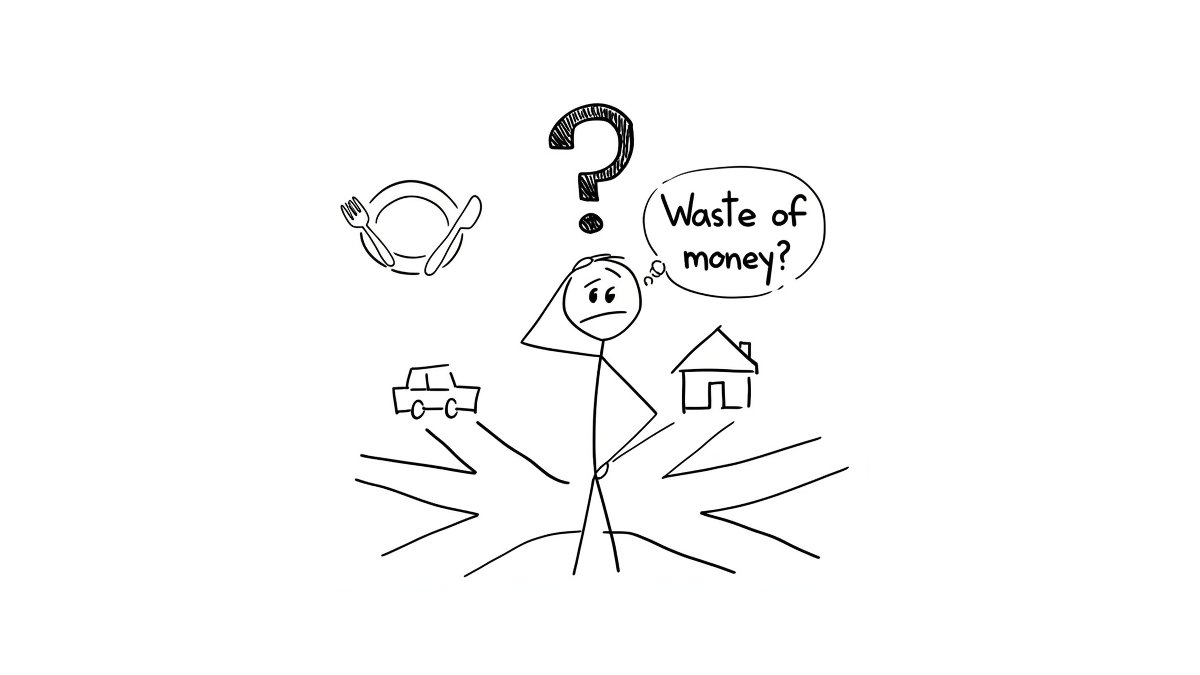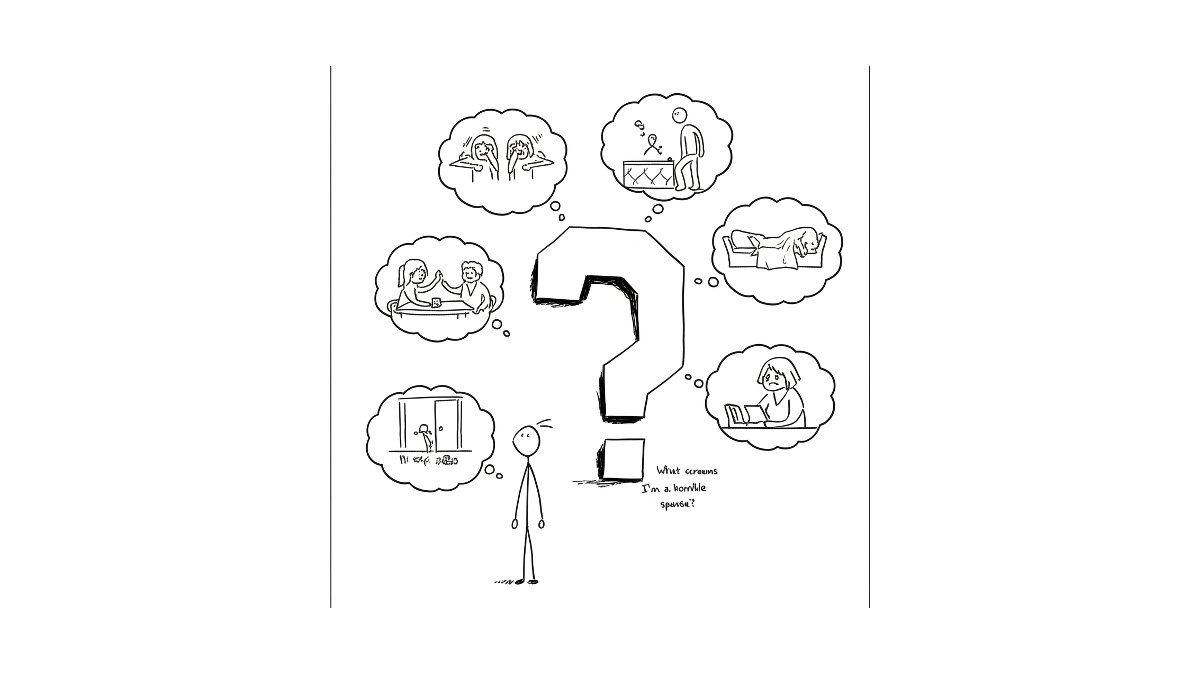Eh, you also notice? Say you only slept 5 hours, then your friend confirm say they only got 4. Or maybe you mention your slightly high blood pressure, and suddenly everyone at the kopitiam is a medical marvel with perfect readings. Why like that one, Singaporeans always trying to one-up each other, even in suffering?
SG’s One-Upmanship Game
This “suffering Olympics” seems to be a common sight in Singapore. From casual chats about lack of sleep to more serious discussions, there’s often someone ready to share how their situation is tougher, busier, or more challenging. It’s not always malicious, but it’s definitely a pattern many Singaporeans recognise from their daily lives, whether at work or with friends.
- It’s a cultural observation where individuals frequently respond to someone else’s sharing of hardship by claiming an even greater hardship for themselves.
“For example, if I said I got 5 hours of sleep, they will say I got only 4 hours of sleep.”
- This isn’t limited to minor inconveniences; it can even extend to things like health metrics during a teh tarik session, where comparisons become almost absurd.
“I heard a bunch of old uncles and aunties at yakun comparing blood pressure and seeing who’s one is lower and one of them said a ridiculously low blood pressure which is like… Bro idk how you are even alive this is hypovolemic shock territory”
- This behaviour is noticed by many, leading to questions about whether it’s a uniquely Singaporean trait or a broader human one, though many feel it’s particularly pronounced here.
Why So Kiasu, Lah?
So, what’s behind this need to “win” at suffering or sacrifice? Many Redditors point to Singapore’s deeply ingrained competitive culture. From a young age, we’re often conditioned to compare and compete – PSLE scores, which school is better, NS achievements, HDB flat upgrades, and even job titles.
- This constant comparison from schooling to work life can spill over into everyday conversations, turning what should be sharing into an unspoken contest. It’s as if some believe that by highlighting their sacrifices, they appear more hardworking or resilient.
“because, from the day we are born, Singapore trains us both consciously and subconsciously to be competitive. to compare yourself with your peers. It’s a generational hand me down.”
- This “crab mentality,” where people might inadvertently pull others down to feel better about themselves, can be frustrating and isolating. It often replaces genuine empathy with one-upmanship.
“crab mentality… you got a bucket of crab, you will see the crab pulling each other down or more simply, sinkie pwn sinkie”
- The contrast becomes especially stark when some Singaporeans interact with international friends, who might offer empathy instead of competitive commiseration, a refreshing change.
Can We Change Channel?
Okay, so we know it’s happening and it’s not always great for our well-being or relationships. What can we do, mah? The good news is, change is possible, often starting with ourselves and the company we keep. It’s about fostering genuine connection over competition, especially when someone is looking for a listening ear.
- One common piece of advice shared is to re-evaluate your social circle. If you’re constantly feeling “down-talked” or that your experiences are dismissed, it might be time to seek out friends who offer support and understanding instead of competition.
“You probably want to find new friends”
- Developing emotional maturity plays a big role. As people grow and gain more life experience, many naturally move past this need to one-up. Instead of competing, they show curiosity and empathy towards what others are going through.
“Generally among my friends (in my 30s now), most have gone past such convo fodder. I think we will probably show more curiosity as to why our friend is sleeping so little rather than one upping. Takes emotional maturity”
- Actively choosing to empathise rather than compete can make a huge difference. When someone shares a problem, try listening and understanding their perspective instead of immediately countering with your own, perhaps bigger, problem. This simple shift can be surprisingly refreshing for everyone involved.

